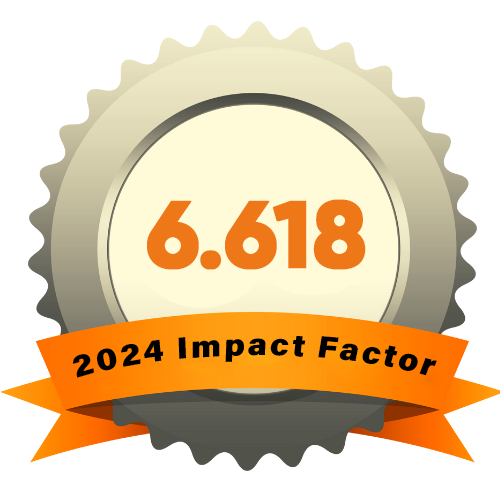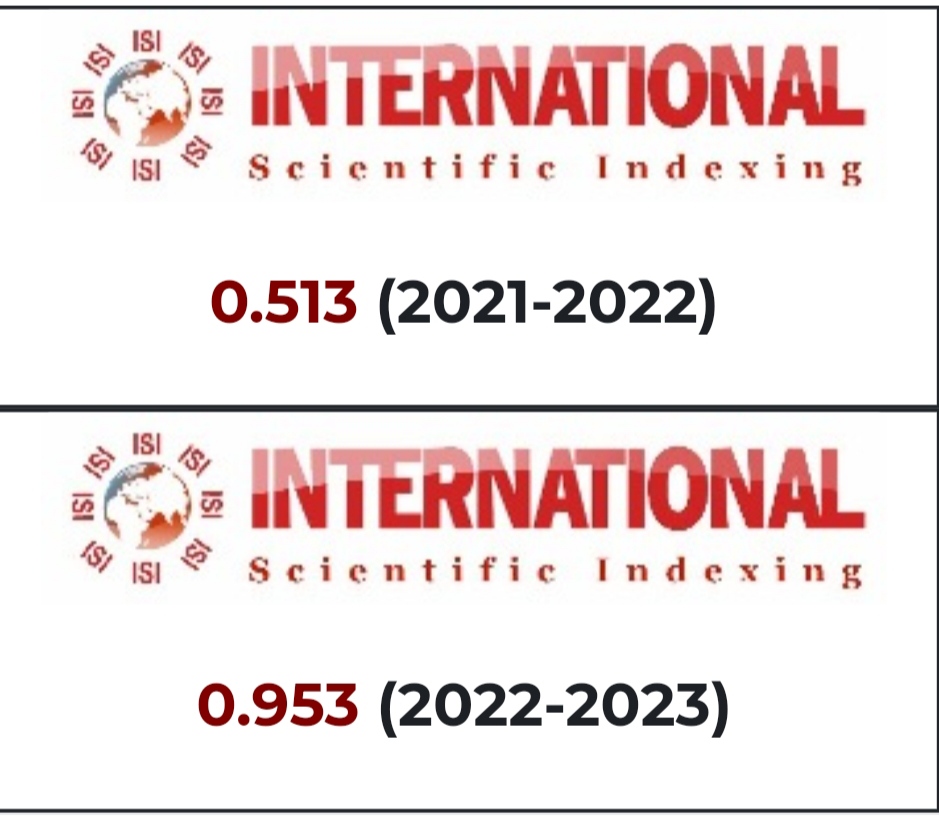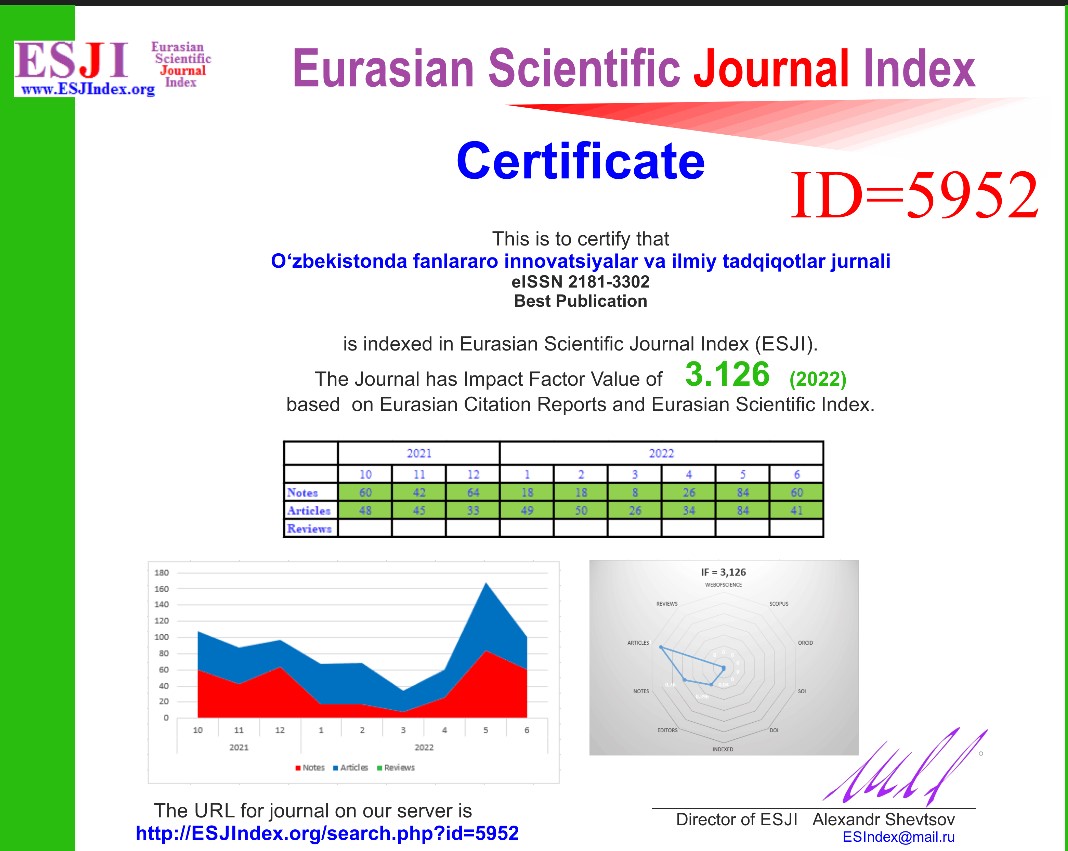DESCRIBING MY OWN EXPERIENCE OF LEARNING LANGUAGES
Ключевые слова:
Excellent user, speaking clubs, debates and movie time, difficulties, different circumstances,. authentic materials, determination, self- confidence, pronunciation, huge intellect, grammatical structures, practicing.Аннотация
This article discusses the process of learning foreign languages from my own experience: If we stared the learning process and materials, that are implemented during the lesson, they were all prepared according to our level and became tougher step by step, when we passed the higher level. Texts were all taken from the magazines and journals, that were published in Europe, which means all of the texts were authentic materials for improving the learners’ knowledge. After learning the basic grammar rules, it started to seem easier to acquire and my self- confidence went up every day.
Библиографические ссылки
Khoshimova, D., Otajonova, D., & Khaldarchayeva, G. (2020). Modern technologies in teaching foreign languages. Academic Research in Educational Sciences, (3), 504-508.
Xaldarchayeva, G. (2020). The Importance of Innovative Pedagogical Methods in Teaching English. International Engineering Journal for Research and Development, 5(1), 205-210.
Xoldarchayeva, G. S. (2020). Methods in teaching foreign languages. Science and Education, 1(Special Issue 2), 6-11.
Khaldarchayeva, G. S. (2021). Audio-Lingual Method and Its Peculiarities. Academic research in educational sciences, 2(2), 1060-1064.
Xaldarchaeva, G. S. (2022). SEMANTIC-STYLISTIC PARADIGMS OF RELATED VERBS. American Journal of Pedagogical and Educational Research, 6, 39-42.
Khaldarchayeva, G. S. (2022). UTILIZING INTERNET RESOURCES IN DEVELOPMENT ORAL AND WRITTEN COMMUNICATION SKILLS STUDENTS IN ENGLISH LESSONS. Academic research in educational sciences, 3(2), 359-365.
Avazovna, X. N. (2022). Maktabgacha yoshdagi bolalar nutqini ostirish. World scientific research journal, 7(1), 3-5.
Каримжонова, Д. А., & Хидоятова, Н. А. (2022). Мактабгача ёшдаги болаларнинг нутқини ривожланиши устувор йўналишлари. Eurasian Journal of Academic Research, 2(4), 86-92.
Xidoyatova, N. A. (2022). Integrative approach: important element of teaching of foreign language. Mugallim, 1(2), 62-65.
Xidoyatova, N. A. (2022). The psychological development of properties volitional qualities of pupils. Mugallim, 1(2), 68-71.
Yuldashevna, S. Z., Khatamjanovna, N. Z., Dexkonovna, T. M., & Abdumuminovna, I. M. M. (2022). Development of critical thinking to the environment in primary school students. Berlin Studies Transnational Journal of Science and Humanities, 2(1.5 Pedagogical sciences).
Dehqonboyevna, T. M. (2022). Maktabgacha pedagogika. World scientific research journal, 7(1), 6-8.
Турсунбоева, М. Д. (2022). Бўлажак меҳнат таълими ўқитувчиларининг касбий сифатларини узвийлик ва узлуксизлик тамойили асосида босқичма-босқич шакллантириш. Mugallim, 1(2), 86-88.
Tursunboyeva, M. D. (2022). System of information and communication technologies in the education. Mugallim, 1(2), 99-102.
Халилова, Н. И. (2019). Проблема рефлексии в самореализации и нравственном воспитании личности (на примере анализа рассуждений восточных мыслителей). ПРЕДИСЛОВИЕ НАУЧНЫХ РЕДАКТОРОВ, 60.
Халилова, Н. И. (2018). Рефлексив технологияларни таълим жараёнига татбиқ этишнинг психологик жиҳатлари. Современное образование (Узбекистан), (7), 17-21.
Халилова, Н. (2018). Особенности формирования рефлексии в подростковом возрасте. Навчання і виховання обдарованої дитини: теорія та практика, (2), 111-120.
Халилова, Н. И., & Рахимова, Ё. И. (2015). ЭКСТРЕМАЛЬНАЯ СИТУАЦИЯ КАК КАТАЛИЗАТОР РЕФЛЕКСИВНЫХ ПРОЦЕССОВ ЛИЧНОСТИ. Pedagogy & Psychology. Theory and practice, (2), 76-77.
Халилова, Н. И. (2015). К ВОПРОСУ О НАУЧНОМ ПОДХОДЕ К ИЗУЧЕНИЮ РОЛИ СЕМЕЙНОГО ВОСПИТАНИЯ В РАЗВИТИИ РЕФЛЕКСИВНОСТИ. Наука и мир, (7), 179-180.











